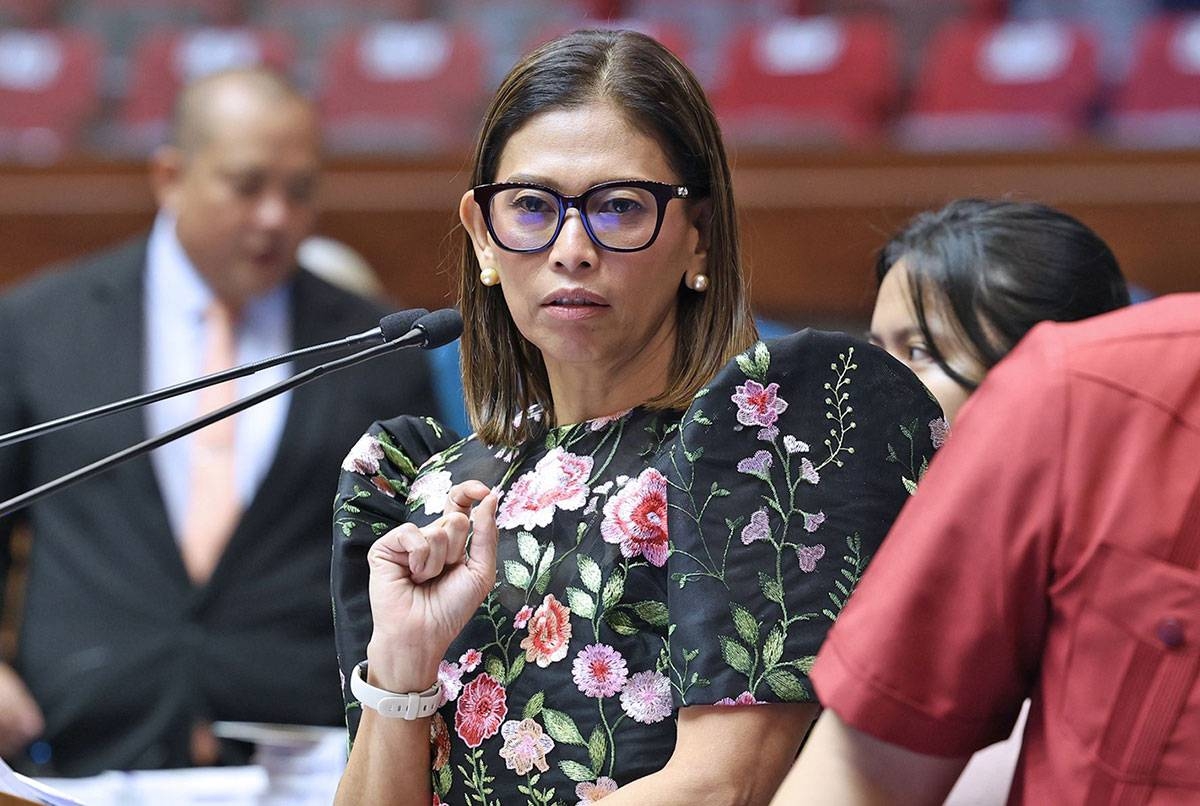MARIKINA CITY 2nd District Rep. Stella Luz Quimbo emphasized the need for lawmakers to address economic reforms in 2024, including the possibility of amending the Constitution to attract more investments to the country. Quimbo highlighted the consensus among economists and the business sector that the economic provisions of the 1987 Philippine Constitution should be liberalized to promote economic growth.
However, Quimbo also emphasized that amending the Constitution should be accompanied by addressing other critical issues that hinder investment in the country. These issues include the high cost of power, the traffic problem, enforcing contracts, reliable internet speeds, and the development of human capital. Quimbo stressed the importance of sending a clear and predictable signal to the global investor community that the Philippines is ready and willing to accept foreign direct investments.
One of the major challenges the Philippines faced in 2023, according to Quimbo, was inflation. In January, the nation experienced a high inflation rate of 8.7 percent, driven by soaring food, housing, and utilities costs. The agricultural sector, particularly the rice market, experienced severe inflation, peaking at 17.9 percent in September. Quimbo acknowledged the government’s swift policy responses and improved import strategies, which have helped stabilize the situation.
Despite these efforts, the Philippines’ gross domestic product (GDP) growth in the second quarter of 2023 was lower than expected at 4.3 percent. Quimbo attributed this to the global economic headwinds, including heightened inflation, slow growth, supply chain disruptions, increased demand, and geopolitical tensions. However, she highlighted the Executive’s catch-up plans in government spending and Congress’ commitment to oversight functions as factors that have contributed to the economy’s recovery. The latest GDP Growth Rate report shows a growth rate of 5.9 percent, with government spending expanding to 6.7 percent. Quimbo emphasized the importance of maintaining job creation efforts and minimizing job losses during the economic recovery to ensure inclusive growth.
In terms of gross capital formation, Quimbo noted a year-on-year decrease of 1.6 percent in 2023. However, she mentioned that the decline was somewhat mitigated by the upsurge in public spending during the third quarter. Quimbo also highlighted a significant downturn in foreign direct investments from January to September 2023, with a decline of 15.9 percent compared to the same period in 2022.
Despite these investment trends, Quimbo pointed out substantial commitments resulting from diplomatic missions led by the President. These commitments include investments totaling $4.089 billion for eight projects, $790.58 million for 11 projects, and $398.17 million for nine projects as of December 21. Quimbo emphasized the importance of creating a more attractive investment climate and competitive business environment to attract further investments.
Representative Stella Luz Quimbo’s insights shed light on the need for economic reforms in the Philippines. By addressing critical issues and liberalizing economic provisions, the country can send a positive signal to the global investor community and foster economic growth. Additionally, efforts to stabilize inflation, boost government spending, and attract foreign direct investments are crucial for the country’s recovery and inclusive economic growth. The commitment to job creation and the improvement of the investment climate are essential for creating a competitive business environment in the Philippines.
Source: The Manila Times







